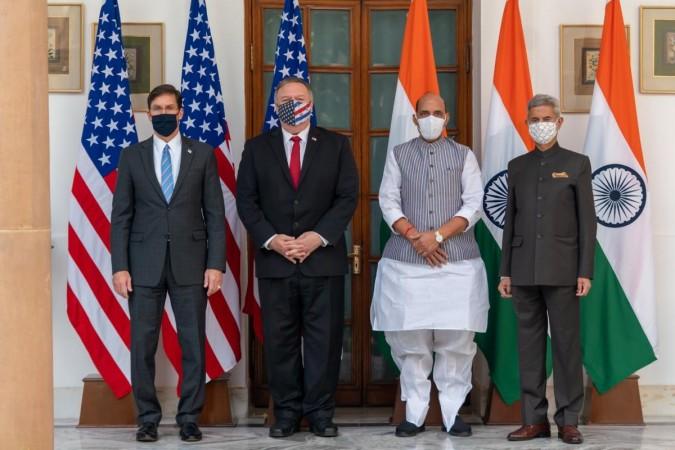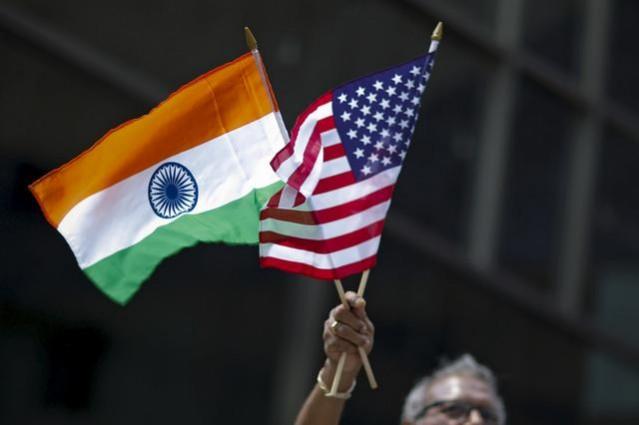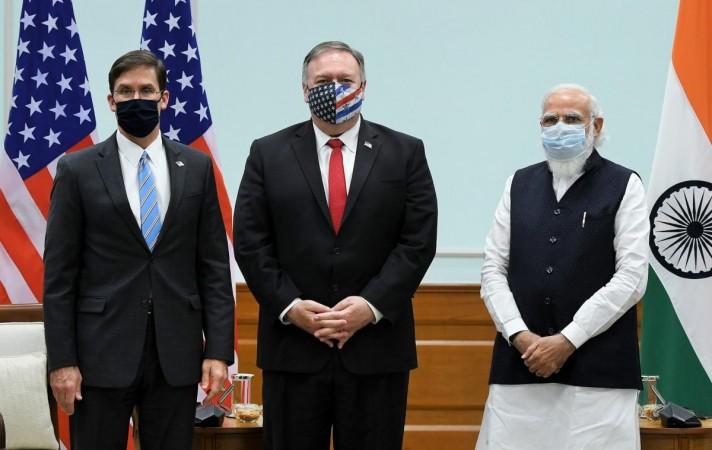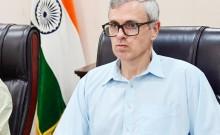With the signing of a key military pact with the US and the recent Quad meeting in Japan, India clearly seems to be leaving the obsession of "non-alignment" to strengthening ties with the US in the wake of rapidly changing security scenario in South-Asia.
During the third 2+2 ministerial dialogue on Tuesday, India and the US signed Basic Exchange and Cooperation Agreement (BECA) which will enable New Delhi to use data of US satellites to enhance the accuracy of Indian security systems. The signing of the BECA comes at a time when India is engaged in a prolonged face-off with China along the Line of Actual Control in Ladakh and is facing the increased threat of cross-border terrorism from Pakistan.

Policy shift
The growing military relations with US and India's growing interest in Quad - a grouping of India, US, Australia and Japan - is not something New Delhi was eager about rather pushed by the geopolitical situation in the region, experts believe.
As the Taliban is nearing to take over the reins of Afghanistan once again after the exit of US and China's aggressive behaviour, New Delhi is forced to forge to shun the path of long-cherished path of "non-alignment" and strengthen relations with like-minded nations.
Security and strategic challenges
India fully understands the security challenges that are facing in form of cross-border terrorism posed by Pakistan and attempts of encroachment by China, its growing interference in the South China Sea and Indian Ocean Region and its increasing military cooperation with Pakistan. The security challenges will be much higher when the US exists Afghanistan and the Taliban takes over power and New Delhi must be ready to deal with it.
India, which has been trying to balance its diplomatic relation between the US and Russia, has chosen to strengthen ties with Washington DC especially after Prime Minister Narendra Modi came to power and his government opted for an assertive approach in the region as was highlighted in the statement of External Affairs Minister S Jaishankar after the 2+2 dialogue in New Delhi.

"The performance of our relationship in the last few years has been exceptionally positive. Political consultations and cooperation have grown, defence exchanges and trade too, economic interactions and commerce are up," Jaishankar said.
The growing warmth between India and the US can also be seen in the statement of US Secretary of Defence Mark Esper who said, "Based on our shared values and common interests, we stand shoulder-to-shoulder in support of a free and open Indo-Pacific for all, particularly in light of increasing aggression and destabilizing activities by China."
Increasing India-US defence cooperation
India has taken several measures to defence cooperation with the US in form of defence purchases, joint military exercises, agreements and contact between the military establishment of the two countries.

Defence relationship has emerged as a major pillar of India-US strategic partnership with intensification in defence trade, joint exercises, personnel exchanges, and cooperation in maritime security and counter-piracy.
India conducts more bilateral exercises with the US than with any other country, according to the Ministry of External Affairs. Some important bilateral exercises are Yudh Abhyas, Vajra Prahar, Tarkash, Tiger Triumph, and Cope India.
The aggregate worth of defence-related acquisitions from the U.S. is more than $15 billion, according to the ministry's website.
In June 2016, the U.S. recognised India as a "Major Defence Partner", which commits the US to facilitate technology sharing with India to a level commensurate with that of its closest allies and partners. The announcement of India's elevation to Tier I of the Strategic Trade Authorization (STA) license exception will further contribute towards facilitating interaction in advanced and sensitive technologies.

















